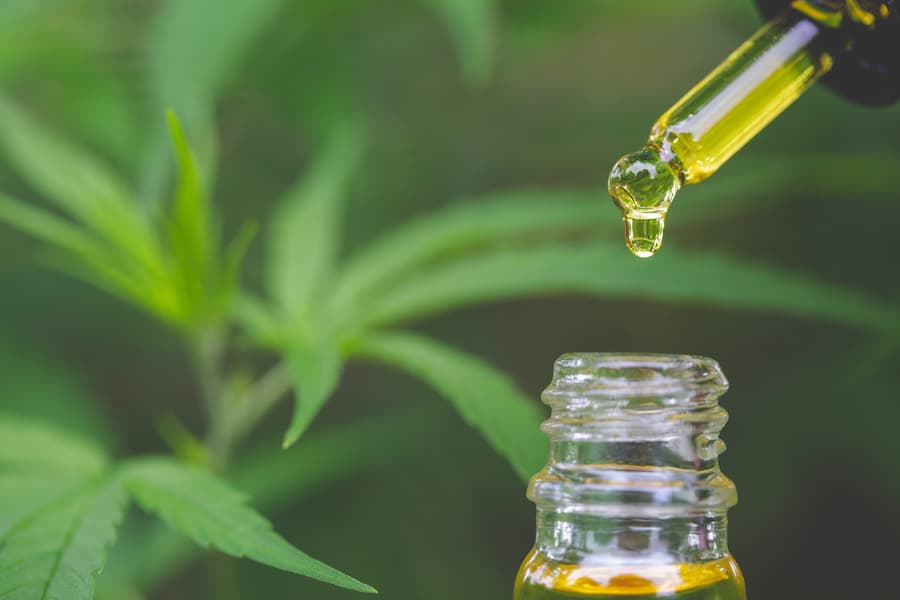A new study using an animal model demonstrates that medicinal cannabis oil may offer significant benefits in treating post-traumatic stress disorder (PTSD) symptoms.

The study, published in the journal Behavioural Brain Research and conducted by researchers at the Beijing Institute of Radiation Medicine, Qinghai University, and the Beijing University of Technology, provides new insights into the potential mechanisms by which cannabis oil could alleviate PTSD.
In this study, the research team developed a PTSD model in mice by subjecting them to chronic complex stress (CCS) for four weeks, simulating long-term stress conditions.
After inducing PTSD-like symptoms in the mice, including increased anxiety and depression behaviors, the team treated the animals with medical cannabis oil. Behavioral tests following the treatment showed a significant reduction in these symptoms. Furthermore, analysis of the brain tissue, particularly the hippocampus—a region critical for emotional processing—revealed that the cannabis oil not only reduced cell death but also corrected histomorphological abnormalities caused by the stress.
“We constructed a PTSD model with CCS and medicinal cannabis oil that significantly improved anxiety-like and depressive-like behaviors in CCS mice, which may play an anti-PTSD role by stimulating the BDNF/TRPC6 signaling pathway”, states the study.
Below is the study’s full abstract:
Background: Post-traumatic stress disorder (PTSD) refers to a chronic impairing psychiatric disorder occurring after exposure to the severe traumatic event. Studies have demonstrated that medicinal cannabis oil plays an important role in neuroprotection, but the mechanism by which it exerts anti-PTSD effects remains unclear.
Methods: The chronic complex stress (CCS) simulating the conditions of long voyage stress for 4 weeks was used to establish the PTSD mice model. After that, behavioral tests were used to evaluate PTSD-like behaviors in mice. Mouse brain tissue index was detected and hematoxylin-eosin staining was used to assess pathological changes in the hippocampus. The indicators of cell apoptosis and the BDNF/TRPC6 signaling activation in the mice hippocampus were detected by western blotting or real-time quantitative reverse transcription PCR experiments.
Results: We established the PTSD mice model induced by CCS, which exhibited significant PTSD-like phenotypes, including increased anxiety-like and depression-like behaviors. Medicinal cannabis oil treatment significantly ameliorated PTSD-like behaviors and improved brain histomorphological abnormalities in CCS mice. Mechanistically, medicinal cannabis oil reduced CCS-induced cell apoptosis and enhanced the activation of BDNF/TRPC6 signaling pathway.
Conclusions: We constructed a PTSD model with CCS and medicinal cannabis oil that significantly improved anxiety-like and depressive-like behaviors in CCS mice, which may play an anti-PTSD role by stimulating the BDNF/TRPC6 signaling pathway.







